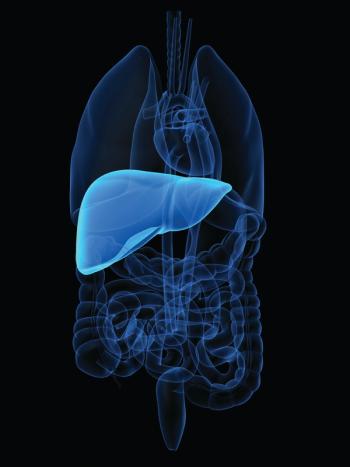
According to findings from a phase 2 clinical study, futibatinib may achieve benefit in patients with intrahepatic cholangiocarcinoma harboring FGFR2 rearrangements.

Your AI-Trained Oncology Knowledge Connection!


According to findings from a phase 2 clinical study, futibatinib may achieve benefit in patients with intrahepatic cholangiocarcinoma harboring FGFR2 rearrangements.

Adding radiation to sorafenib elicited a survival improvement in a group of patients with hepatocellular carcinoma, a type of liver cancer.
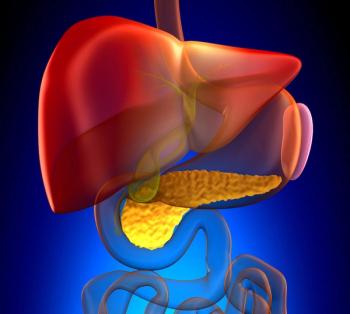
Adjuvant atezolizumab plus bevacizumab may effectively combat recurrence after surgery in patients with early-stage hepatocellular carcinoma.
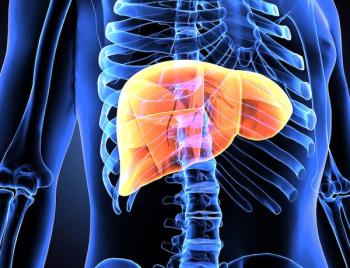
Patients with hepatocellular carcinoma treated from 2018 to 2021 experienced better outcomes than patients treated in the preceding decade, according to a recent study.
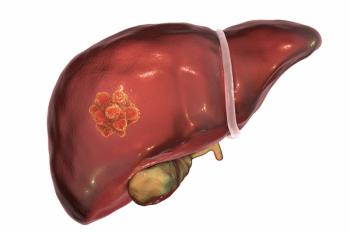
Patients diagnosed with locally advanced, hepatocellular carcinoma experience benefit in overall survival, progression-free survival, and time to disease progression following treatment with sorafenib and stereotactic body radiation therapy.
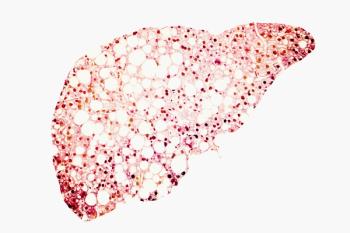
Patients with unresectable hepatocellular carcinoma experienced an improvement in several health-related quality of life measures following treatment with first-line tislelizumab compared with sorafenib.
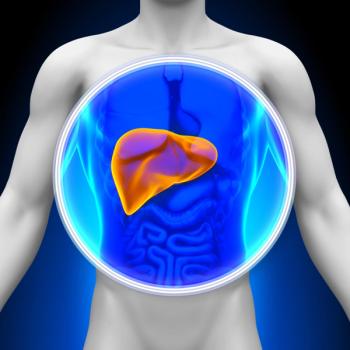
Lenvatinib in combination with blank-microsphere transarterial chemembolization and sequential microwave ablation demonstrates encouraging preliminary activity in patients with hepatocellular carcinoma.
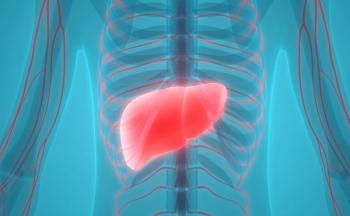
Envafolimab in combination with lenvatinib and transarterial chemoembolization demonstrated efficacy and safety among patients with unresectable hepatocellular carcinoma.
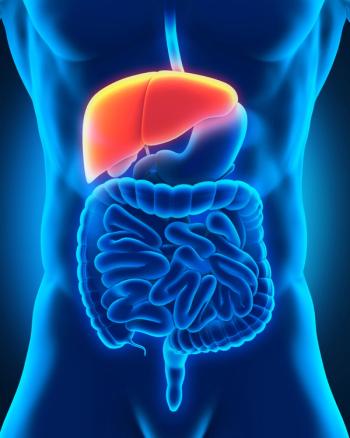
Findings from the phase 3 HIMALAYA trial indicate that durvalumab with or without tremelimumab remained efficacious regardless of the presence of anti-drug antibodies in unresectable hepatocellular carcinoma.
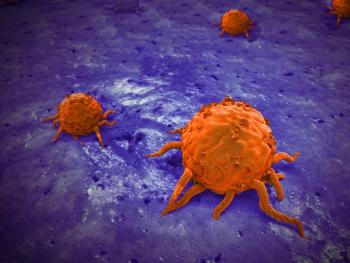
Durvalumab plus tremelimumab has been recommended for approval in the European Union for treatment of advanced liver and lung cancers.

Future research into the management of unresectable hepatocellular carcinoma may involve combining local therapies with checkpoint inhibitors like durvalumab and tremelimumab, according to Ghassan K. Abou-Alda, MD.

Patients with unresectable hepatocellular carcinoma who have recurrent disease following surgery or locally advanced diseases who will likely progress on local therapy may have an opportunity to benefit from tremelimumab and durvalumab following its FDA approval, according to Ghassan K. Abou-Alfa, MD.
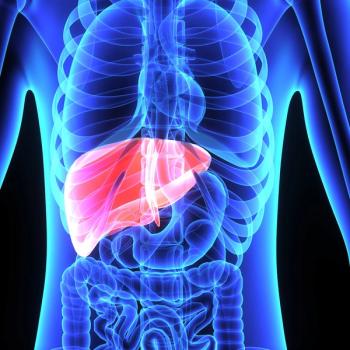
A regimen consisting of personalized therapeutic cancer vaccine, GNOS-PV02, as well as plasmid-encoded IL-12 and pembrolizumab yielded an overall response rate of 20.9% among evaluable patients with unresectable or metastatic hepatocellular carcinoma.

Ghassan K. Abou-Alfa, MD, discusses the importance of improving access to novel therapies and combinations for patients with hepatocellular carcinoma across the world.

Patients with hepatocellular carcinoma may benefit from treatment with OTX-2002, a first-in-class epigenomic controller designed to downregulate c-Myc that recently received orphan drug designation from the FDA

Ghassan K. Abou-Alfa, MD, spoke about the recent approval of tremelimumab plus durvalumab for patients with unresectable hepatocellular carcinoma, based on results from the phase 3 HIMALAYA trial.

Stereotactic body radiation therapy is a new standard of care option for patients with locally advanced hepatocellular carcinoma, according to a presentation on the phase 3 NRG/RTOG 1112 trial assessing sorafenib combined with stereotactic body radiation therapy.

Based on results from the phase 3 HIMALAYA trial, the FDA has approved tremelimumab plus durvalumab in patients with unresectable hepatocellular carcinoma.

The FDA has given orphan drug designation to ET140203 ARTEMIS, an investigational therapy for hepatoblastoma, the safety and potential efficacy of which are being evaluated in the phase 1/2 ARYA-1 and ARYA-2 studies.
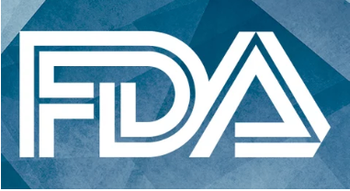
Results from the phase 1/2 TAS-120-101 trial lead to the accelerated approval of futibatinib in patients with locally advanced or metastatic cholangiocarcinoma and an FGFR2 gene fusion or rearrangement.
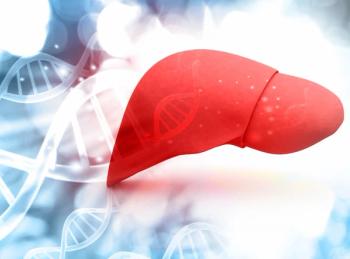
The FDA has granted orphan drug designation to second-line GNS561 following the completion of a phase 1/2a trial evaluating the novel PPT1 inhibitor in liver cancer and cholangiocarcinoma.

Results from the phase 3 RATIONALE-301 trial showed improved overall survival for patients who were given frontline tislelizumab for unresectable hepatocellular carcinoma.

Results from the LEAP-002 trial revealed extended median overall survival with lenvatinib monotherapy in patients with unresectable hepatocullar carcinoma.

Results of a phase 3 study appear to indicate better progression-free and overall survival outcomes with camrelizumab and rivoceranib vs sorafenib in unresectable hepatocellular carcinoma.

Akihiro Ohba, MD, discussed the potential benefits of T-DXd in HER2-expressing biliary tract cancer.